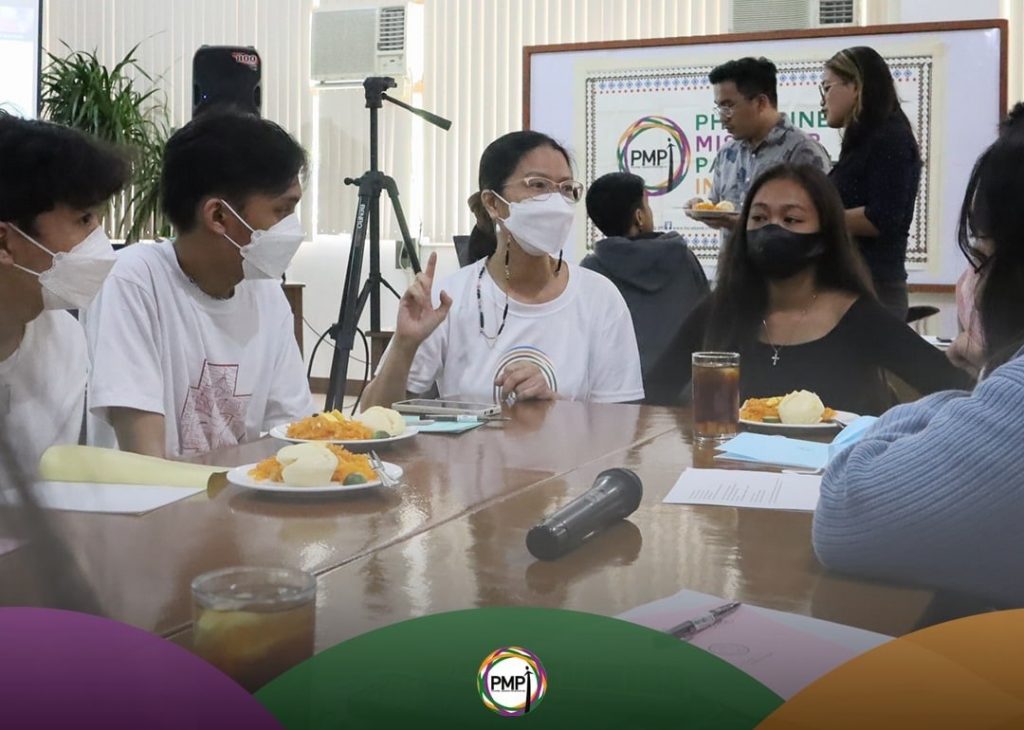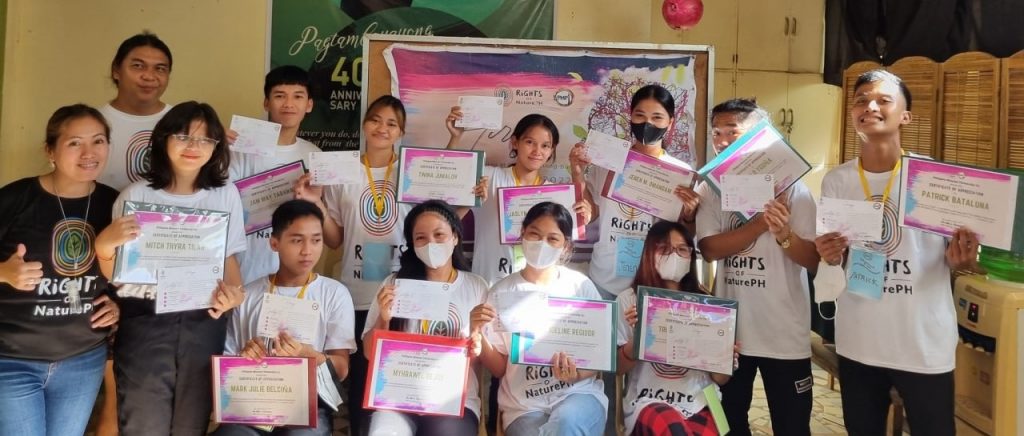Do you have what it takes to be an effective environmental youth leader? Are you passionate about environmental issues and want to make a difference in your community? How can you be an effective youth leader for the environment?
Many qualities make a successful youth leader, but some of the most important ones for environmental work include:
1. A positive attitude that inspires and motivates others to act
2. A sense of responsibility that instills a sense of ownership and accountability in individuals and groups
3. Leadership skills in the areas of communication, team-building, planning, and organizing, among others
4. A passion for protecting the environment
5. A desire to make a positive impact
There is more to learn.
Keep reading to learn more about what it takes to make a difference.

Leadership Quality #1: POSITIVE ATTITUDE
A positive attitude is the key to success in any field. By keeping a positive outlook, you train your mind to see the best in any situation and persevere through challenges. A positive attitude too attracts others and creates opportunities. People are drawn to positive energy and are more likely to want to work with or help someone with a positive attitude.
How can you maintain your positive attitude? Be mindful of your thoughts and daily actions. And make an effort to surround yourself with positive people and things. Avoid dwelling on negative experiences or people. Instead, focus on the good in your life and be grateful for what you have.
Leadership Quality #2: A SENSE OF RESPONSIBILITY
Assuming responsibility for one’s own actions and decisions is an important part of adulthood. A sense of responsibility instils a sense of ownership and accountability in individuals and is essential for leading a productive and fulfilling life.
When we take responsibility for our own lives, we are empowered to make positive changes and choices. We are also more likely to achieve our goals, both personal and professional. A sense of responsibility can also help to build character and instill values such as integrity, honesty, and respect.
Leadership Quality #3: LEADERSHIP SKILLS
Environmental Leadership skills enable leaders to effectively communicate with their team, motivate them to achieve common goals, and provide guidance and support when needed.
There are a variety of leadership skills that can be acquired and developed over time. Some of the most important include:
A) Communication: Leaders must be able to clearly and concisely communicate their vision, goals, and expectations to their team. They must also be able to listen to feedback and suggestions from team members.
B) Team-building: Good team-building skills are essential for any manager or leader hoping to create and maintain a cohesive, productive team. The key is to choose team-building activities that best fit the needs and goals of your team. Some essential team-building skills that all leaders should cultivate include:
-The ability to communicate effectively with team members
-The ability to listen to and understand team members’ perspectives
-The ability to foster an open environment where everyone’s ideas are encouraged.
C) Planning: Whether you’re mapping out a strategy for conserving biodiversity, developing new solutions to address plastic pollution, or managing a team of environmental protectors, strong planning skills are essential for success. By being able to effectively plan and execute tasks, you can save time and energy while also ensuring that you are meeting your goals.
Keep in mind these things when planning:
1) be clear about your goals and objectives;
2) create a timeline for each task; and
3) allocate the necessary resources.
D) Organizational Skills: Good organizational skills can make you more efficient and productive, and can help reduce stress. By keeping track of deadlines, meetings, and other important events, you can ensure that you are always on top of your work. This can help you avoid missed deadlines and missed opportunities.
How to improve your organizational skills:
1. Keep a daily or weekly to-do list and to make sure you are prioritizing your tasks.
2. Use a planner or calendar to keep track of deadlines and appointments.
3. Develop a system for filing and storing important papers and documents.
4. Tidy up your workplace.
Leadership Quality #4: A PASSION FOR PROTECTING THE ENVIRONMENT
A passion for protecting the environment is something that many people share. This is because the environment is important to everyone. It is our home and it provides us with the resources we need to live.
Volunteerism is a great way to give back to nature. By volunteering your time and efforts, you can help protect and preserve our natural resources. Volunteer opportunities are available through many organizations, and you can choose to volunteer for a one-time event or on a regular basis. When you volunteer to a movement, like Rights of Nature Ph, you not only help the environment but also gain valuable skills and knowledge. (To learn more about different advocacy campaign examples for students, click here.
Leadership Quality #5: A DESIRE TO MAKE A POSITIVE IMPACT
A desire to make a positive impact is something that many people feel. For some, it is a desire to make a difference in the world. Others want to leave a legacy or make an impact in their community.
People who have the desire to make a positive impact often have a strong sense of purpose. They are driven by their values and beliefs. They are often passionate about making a difference.
CONCLUSION
The youth are the future of our country.
They are inclined to take on many roles, some of which include: environmental youth leader, social media influencer, and environmental protector.

An Environmental Youth Leader is someone who has the abilities (as identified in the above qualities needed to be an effective one) to facilitate and stimulate positive engagement within an organization or group.
A Social Media Influencer is someone who uses social media platforms such as Facebook, Instagram, and Twitter to advertise, market, and inform audiences about an organization, product, brand, or cause.
An Environmental Protector is someone who acts in accordance with environmental laws or regulations, and who promotes and preserves environmental protection.
Whatever role you play, remember: The environment is under threat!
Be a responsible youth leader for the environment!
=====================================================================================
P.S. If you’re willing to put in more effort to advocate for the planet, you can start by volunteering for an environment-focused NGO like Rights of Nature PH, an organization promoting nature preservation. We are currently looking for volunteers. To join us, click here.


